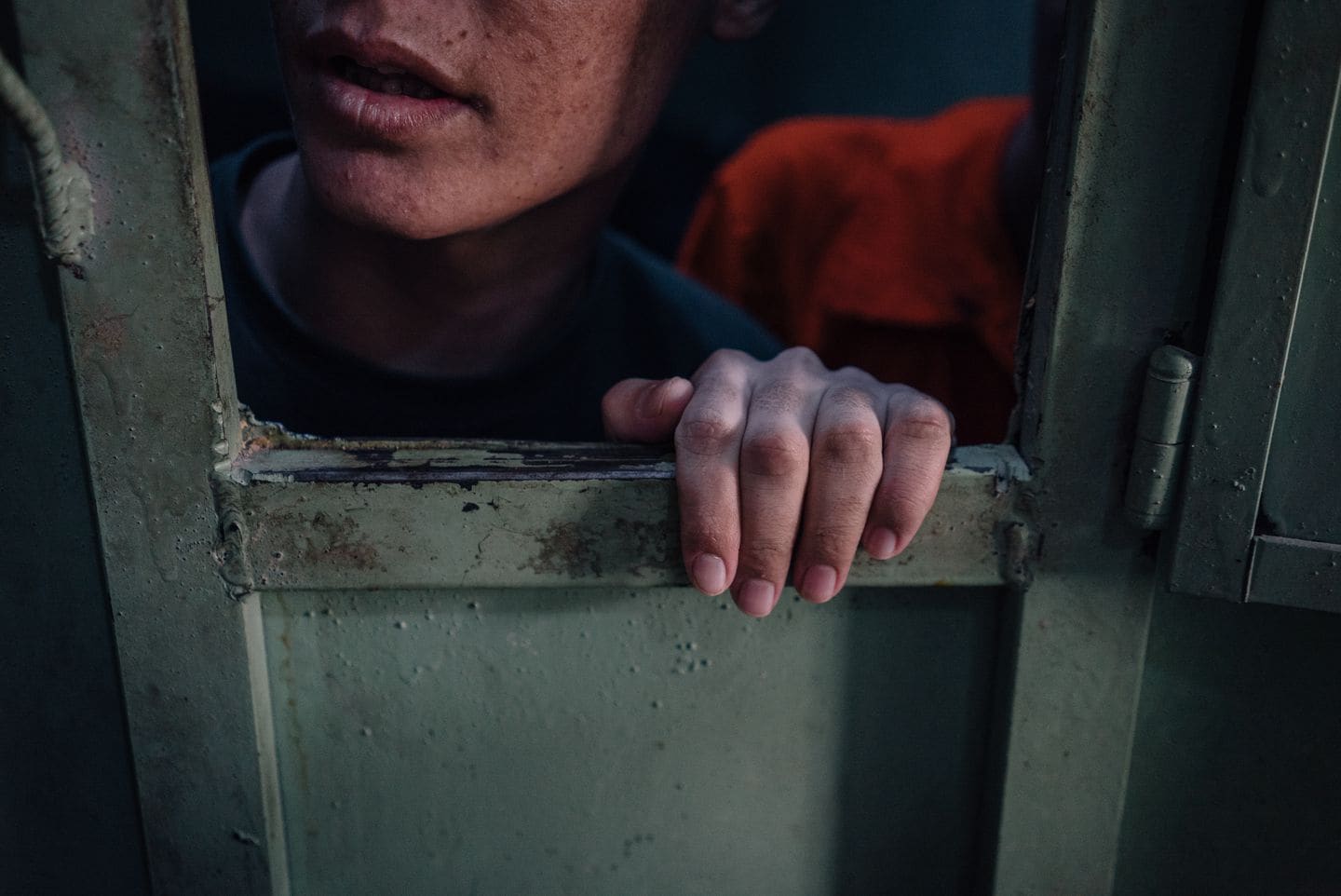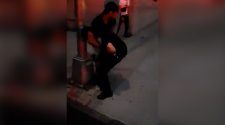Kurdish officials said earlier they were also hunting for an unknown number of detainees who managed to escape in what appears to have been the most serious attempted breakout yet by the thousands of former Islamic State fighters detained after their military defeat last year. An official with the U.S.-backed Syrian Democratic Forces (SDF), the Kurdish-led militia that controls the area, said he believed that all the prisoners have been accounted for.
But Kurdish fighters were still struggling to assert control over the prison as night fell, said the official, who spoke on the condition of anonymity because he was not authorized to speak to the press. “It is going to take some time to return the situation to how it was before,” he said.
The revolt began Sunday night at a prison in the city of Hasaka that houses about 5,000 Islamic State fighters of multiple nationalities who were captured after the group’s final stand in the village of Baghouz, Kurdish officials and local journalists said.
“The ISIS terrorists managed to take over the first floor in Hasaka prison,” wrote SDF spokesman Mustafa Bali on his Twitter account. “Some of them managed to escape and our forces are searching to capture them.”
Col. Myles B. Caggins III, a spokesman for the international coalition, said the U.S.-led force provided the SDF with aerial surveillance to look for escapees and monitor for any signs that might indicate a “larger conspiracy.”
The mutiny coincided with mounting fears across northeastern Syria that the coronavirus will arrive in the war-ravaged area, with potentially devastating consequences in the overcrowded prisons and camps housing detained Islamic State fighters. U.S. officials say about 10,000 foreign fighters and family members are being held in prisons and camps across the area, along with tens of thousands of Syrians and Iraqis.
Video footage posted by a journalist at the scene earlier Monday morning showed members of the Kurdish-led SDF creeping around the outside of the prison wall, suggesting that they had still not brought the facility under control. The prisoners seized control of a section of the prison after they disabled surveillance cameras, broke down metal doors and used them to smash down walls between the prison cells. “The mutiny is still ongoing,” the journalist said.
Surveillance video footage from inside the prison on Sunday night showed prisoners wearing orange uniforms tightly crammed together in one of the prison cells and holding up a sign appealing for intervention by international humanitarian and coalition forces to alleviate their conditions.
Previous footage from the prison cells, seen by Washington Post reporters during a visit last year, showed men packed together so tightly that they tripped over one another as they tried to move across the rooms. Some sat in small, tight circles, deep in conversation. Others lay staring into space, and several could be seen clawing at their own faces.
Kurdish authorities in northeastern Syria have appealed to governments around the world to repatriate their nationals who volunteered to join the Islamic State, but most countries have refused to do so, fearing that the militants would pose a security threat once they returned.
The Kurds equally fear that they lack the resources to hold the militants indefinitely and that eventually the prisoners will succeed in breaking out, threatening the fragile stability in the area.
Loveluck reported from London. Asser Khattab in Paris contributed to this report.

















